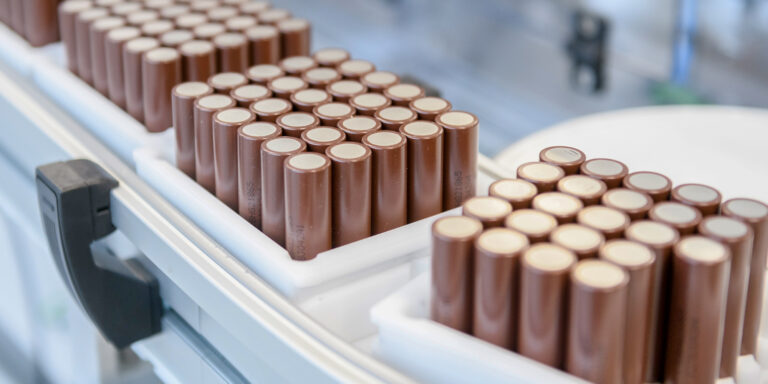UK science minister Amanda Solloway has announced the launch of the Industrial Strategy Challenge Fund to drive forward research in battery development for EVs.
Nearly £44m will be will be allocated to the Faraday Battery Challenge, overseen by the Faraday Institution, to develop next-generation high-performance batteries for electric cars and electric aeroplanes, and to help complete a first-of-its-kind UK Battery Industrialisation Centre, in Coventry, West Midlands, creating 100 high-skilled jobs.
Organisations across the automotive, rail and aerospace sectors will have access to the production facility, which will combine manufacturing, experimentation and innovation.
Solloway said: “This new funding will strengthen the UK’s global status in a range of areas, including battery technologies for electric vehicles, helping us develop innovative solutions to some of our biggest global challenges and creating jobs in rewarding careers right across the country.”
The Faraday Institution anticipates that the overall workforce in automotive and EV battery sectors could grow by 29% from 170,000 in 2020 to 220,000 employees by 2040.
Tony Harper, challenge director for the Faraday Battery Challenge, said: “In order for batteries to play their full environmental and economic role in achieving net zero we need to deploy at scale and build supply chains for today’s technology, shift from strong potential to commercial dominance in a new generation of batteries and continue to build world-class scientific capability to sustain us into the future.
‘The announcement confirms our commitment and determination to build on the hard-won progress the UK has made in the last three years on all these fronts and to accelerate progress post Covid-19.”
A total of £65m is being made available from the Industrial Strategy Challenge Fund, with £15m awarded to the Robots for a Safer World challenge to develop robots for nuclear plants, and £6.5m allocated for advanced healthcare treatments.





